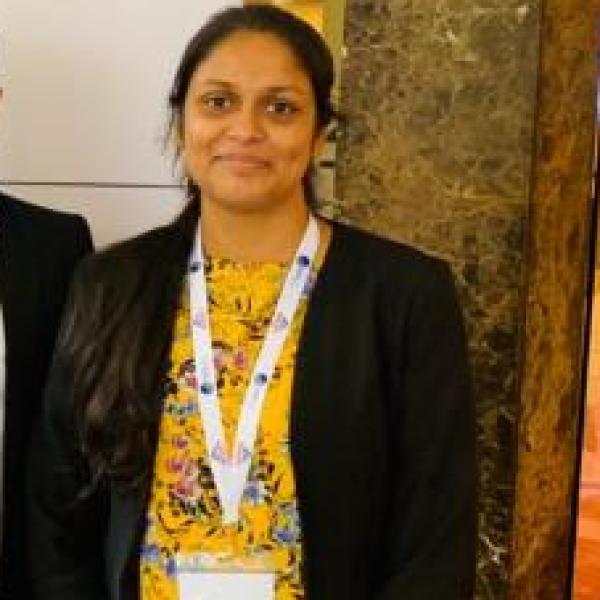Structural Engineering
Homework Help & Tutoring
We offer an array of different online Structural Engineering tutors, all of whom are advanced in their fields and highly qualified to instruct you.
Structural Engineering
Structural engineering is a specialization in civil engineering. The main operational domains of structural engineering are analysis of the structural frameworks and designing of structures to withstand operational stresses and pressures. The key objectives of optimum design are keeping structures and the environment safe and secure during their entire life period, considering all the possible eventual environmental influences during the lifetime of the structure. Structural engineering can be considered one of the oldest engineering divisions, existing since prehistoric times: it has become much more sophisticated in the current era, of course, and is still developing. Structural engineering applications have become interdisciplinary, with several types of equipment used in medical applications being based on the principles of structural engineering. Gustave Eiffel and Eero Saarinen are two of the most famous structural engineers of all time, remembered for their valuable contributions to the world.
Structural engineering graduates typically study advanced mathematical methods, concrete analysis, steel structures, structural dynamics, elasticity and plasticity theories, finite element analysis, external force (such as earthquake analysis) on structural integrity, study of experimental techniques and methods for structural analysis as well as instrumentation tools for structural analysis. Structural engineering spans from nano-scale constructions to those of mega-scale.
Apart from required courses, most structural engineering majors may choose from electives in bridge structural studies, maintenance and rehabilitation of structures, offshore structures, optimization of structural designs, advanced concrete technology, prestressed concrete, sub structural design, composite material mechanics, CAD, shell and spatial structures, or the stability of structures are often studied as special electives in structural engineering courses. Recent research trends in structural engineering include fracture and damage mechanics, the application of neural networks, random vibrations and chaos, and structural reliability studies.
Structural engineers often find careers in the construction industry; apart from that, careers in specialized streams such as mechanical structures and industrial structural design and development are some of the popular career destinations for specialized structural engineers. In addition to the needs of interdisciplinary knowledge and a command of the basics of engineering, structural engineers must have a thorough knowledge of the prevailing codes and standards of building and non-structural elements in industry. From the identification of environmentally friendly novel structural materials, to working out new short- and long-term solutions to sustainable engineering problems continue to be major challenges for structural engineers. Structural engineering has immense scope to meet the demands of the modern world, supplying better designs that consume less material with reduced environmental impact and minimal life cycle costs. Knowledge of better structural materials, computer skills and proficiency with advanced design tools are all demanded of graduate engineers.
SE, IJCE, SEI, IJCER, IJASE are some journals sources offering valuable information on developments in contemporary structural engineering.
To fulfill our tutoring mission of online education, our college homework help and online tutoring centers are standing by 24/7, ready to assist college students who need homework help with all aspects of structural engineering. Our engineering tutors can help with all your projects, large or small, and we challenge you to find better online structural engineering tutoring anywhere.
College Structural Engineering Homework Help
Since we have tutors in all Structural Engineering related topics, we can provide a range of different services. Our online Structural Engineering tutors will:
- Provide specific insight for homework assignments.
- Review broad conceptual ideas and chapters.
- Simplify complex topics into digestible pieces of information.
- Answer any Structural Engineering related questions.
- Tailor instruction to fit your style of learning.
With these capabilities, our college Structural Engineering tutors will give you the tools you need to gain a comprehensive knowledge of Structural Engineering you can use in future courses.
24HourAnswers Online Structural Engineering Tutors
Our tutors are just as dedicated to your success in class as you are, so they are available around the clock to assist you with questions, homework, exam preparation and any Structural Engineering related assignments you need extra help completing.
In addition to gaining access to highly qualified tutors, you'll also strengthen your confidence level in the classroom when you work with us. This newfound confidence will allow you to apply your Structural Engineering knowledge in future courses and keep your education progressing smoothly.
Because our college Structural Engineering tutors are fully remote, seeking their help is easy. Rather than spend valuable time trying to find a local Structural Engineering tutor you can trust, just call on our tutors whenever you need them without any conflicting schedules getting in the way.





